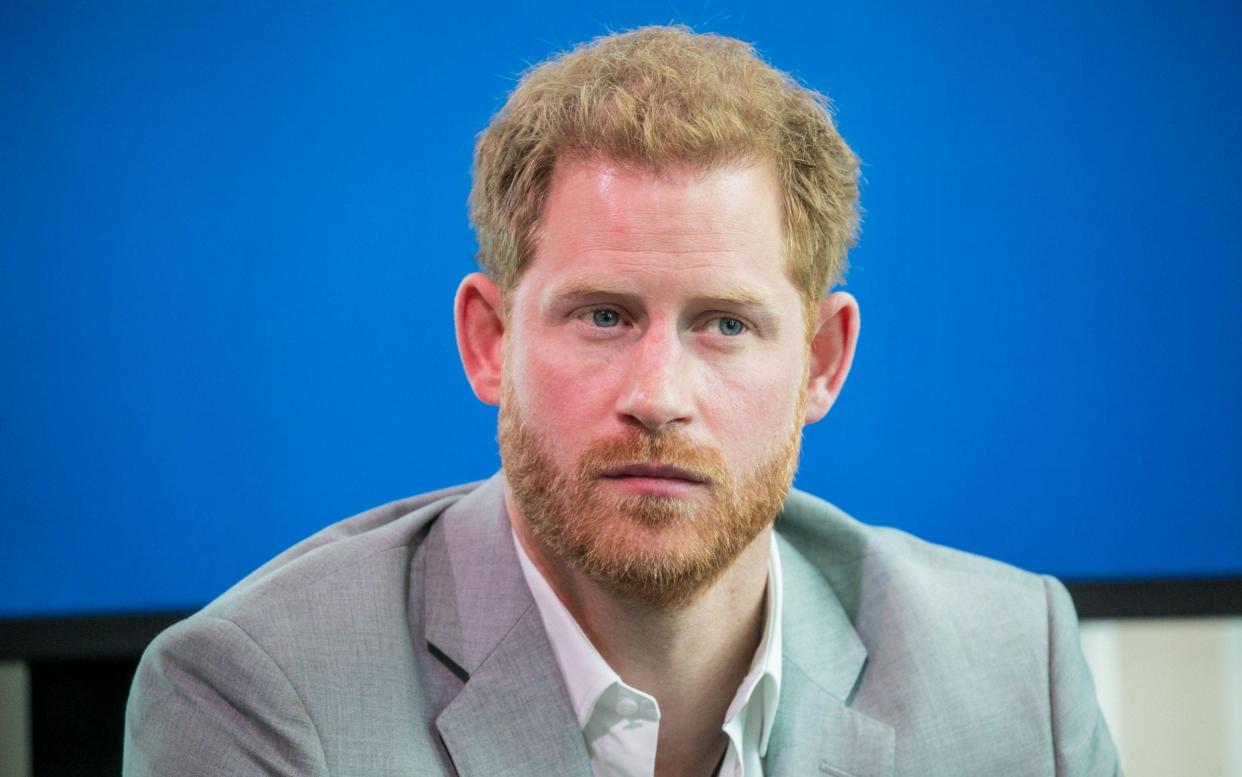Prince Harry is talking in 'therapy speak' so how would a therapist decode what he's really saying?

After years as a senior practising therapist (I did 15 before retiring), you tend to be able to spot what we call “therapy speak” from a mile off.
It tends to happen to people who’ve had a lot of sessions, over a very long time. They may have started all stiff upper-lipped, but after enough work, they end up speaking like us.
Judging by his latest podcast appearance, in which he spoke with American actor Dax Shepard, Prince Harry is a prime example. Some of the words and phrases he uses – the focus on “awareness”, compassion and “lived experience”, how he is now “comfortable being able to discuss [his] struggles”, is “listening to [his] body” and learned to “pluck [his] head out of the sand – could be lifted straight from one of my therapists’ rooms.
I would guess he’s had integrative psychotherapy, which is an eclectic style, and a good amount of psychodynamic therapy, which will often revisit childhood experiences, ask clients to look into their upbringing, and consider whether trauma or a lack of attention from primary care givers has affected them.
“To me it’s always so fascinating to hear about someone’s struggles and then being able to trace it back to not what’s wrong with you, but what happened to you?” Harry said at one point. That’s psychodynamic therapy in a nutshell.
Watch: Ben Shephard criticises new parent Harry's attack on his dad Charles
That approach is particularly obvious when he spoke about consciously trying to “parent” his son, Archie, in a different way from his own upbringing. He spoke of “breaking the cycle” of inherited “pain or suffering” from his father, Prince Charles, who had his own difficulties as a boy.
When Harry said he is “going to make sure I break that cycle so I don’t pass it on”, he’s reflecting the common psychodynamic method of having clients avoid what we call “repetition compulsion”: repeating traumas they themselves endured. Humans are naturally inclined to repeat trauma, but in consciously saying: “I recognise that, it’s a pattern, and I want to break free from it”, we can end the cycle. Clearly, Harry is actively involved in that process.
Prince Harry is a product of his environment and experiences. He was once in the Royal family, at Eton, in the Army, in the tabloids, but now he is in Los Angeles, independent, and with Meghan, who certainly seems emotionally enlightened. That, as well as a hearty dose of therapy that may well be continuing, seems to have changed him profoundly.
As told to Guy Kelly
Sheri Jacobson is founder of Harley Therapy
Watch: Why has Prince Harry compared his life to The Truman Show?

 Yahoo News
Yahoo News 
